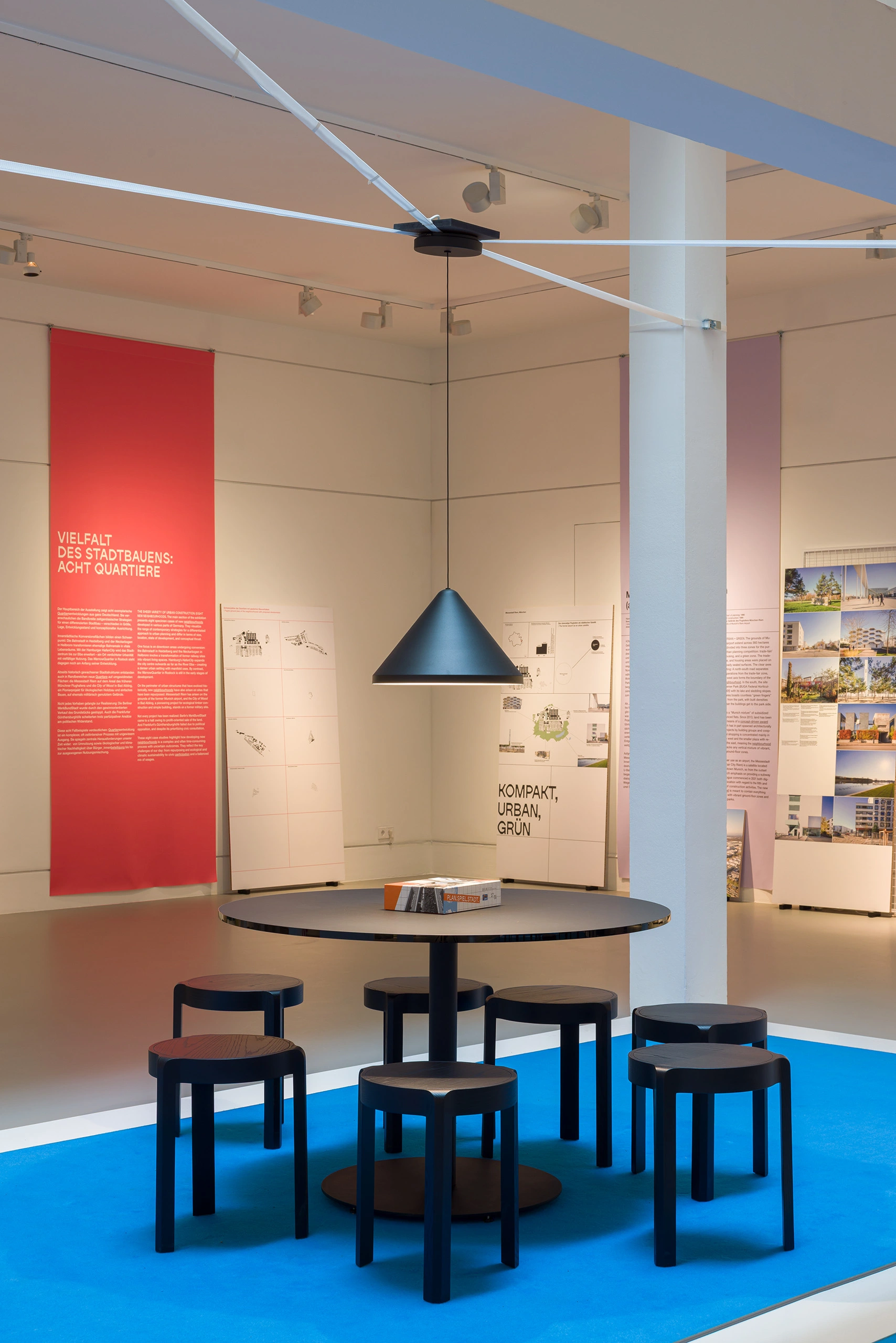For almost half of the people on earth, eating with fingers, i.e. without tools, is a part of everyday life. "Fingers and Food" was filmed in Offenbach am Main / Germany in 2021. Offenbach is the city with over 159 nationalities living together and has the highest percentage of people with a migration background in Germany. The short film demonstrates how enjoyable and natural eating with the hands can be and gives an impression of the versatility of the hand as a multifunctional eating utensil. In the context of the exhibition "Spoon Archaeology", "fingers and food" also implicitly suggests a change in behaviour and a re-consideration of adopting alternative cultural habits as a necessary mean for future handlings of disposables and refuse. Concept & Design Peter Eckart & Kai Linke, Video realized by Julie Gaston & Robin Schmid
The infographic reflects as a gigamapwhich influencing and interdependentparameters and aspects contribute tothe creation of a product or object. It becomes clear that, for example, thefrequently suggested replacement oftechnologies or materials is notsufficient to produce sustainablechanges for the environment andsociety. Material is influenced by pro-duction or transport, production byenergy, food by lifestyle, lifestyle byculture and vice versa and so on. Alsopart of this map are a timeline of thehistorical development of cutlery andexplanations of terms. Spoon Complexity Map, idea Peter Eckart and Kai Linke, Lukas Loscher, Dylan McGuire (concept and graphics) Price on Request























